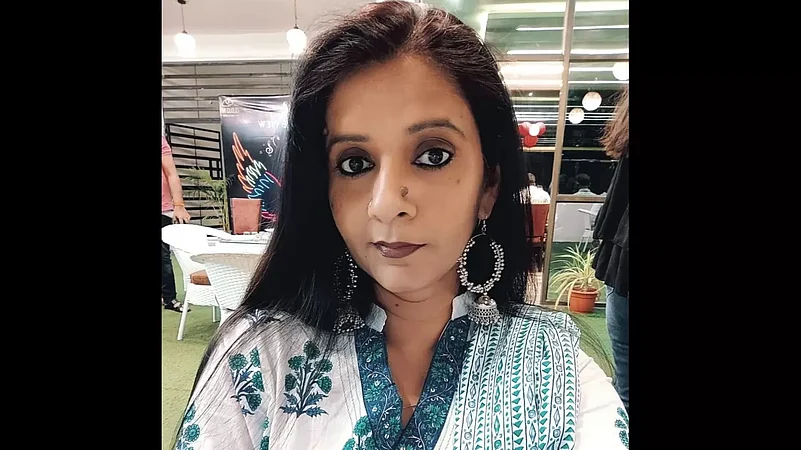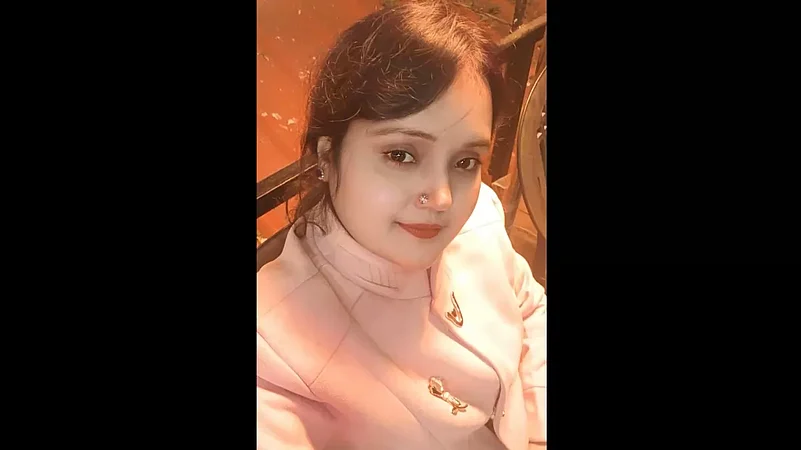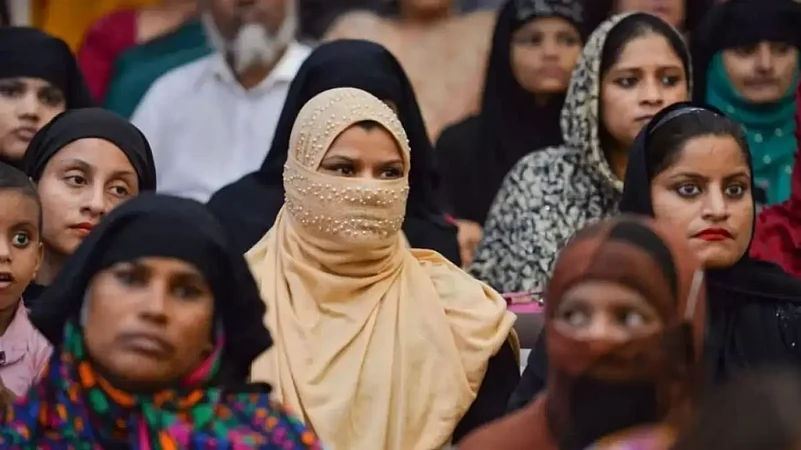There are too many grey areas in Muslim personal laws. These are exploited by men to their benefit.
Hina Parveen lived in Dehradun with her husband and twin daughters. When her marriage broke down, she had no option but to move to Aligarh with her daughters to find refuge with her maternal relatives. But her problems had only just begun―money to educate her children; finding a source of livelihood; and, a permanent place to stay. “Even though there was no sustenance allowance, no alimony and no sharing of responsibilities of the kids, my relatives convinced me that everything was as per Islamic jurisprudence and Sharia laws and I had to accept my fate,” says Hina.

Hina’s case is just one among many faced by numerous Muslim women. Besides marriage and divorce issues, there are some issues that merit concern: Muslims cannot adopt a child and Muslim males can practice polygamy. Such issues result in a debate that often has political overtones. So can a Uniform Civil Code (UCC) bring justice to women such as Hina?
Muslims and UCC
Largely, Muslim clerics do not favour a UCC. “Muslims are not the only ones to have personal laws. Many other religions and tribal communities have their own personal laws, which are safeguarded by the Constitution,” says Maulana Khalid Rasheed Farangi Mahali, a Lucknow-based religious leader. He also claims that there should first be a consensus among all religions, where all aspects of personal laws should be discussed.
In Islam, marriage is a contract between the two parties. Nikahnama is the document which certifies the contract of marriage with the signatures of all parties and witnesses. When there is a contract, there is a provision to nullify it too. Here, both males and females can part ways. But problems begin when things are not followed as laid down in the contract. Take for case of Mehr―the sum paid by the bridegroom as mentioned in the Nikahnama to the bride. But in many cases, this is not paid or the husband requests his wife to waive it off. Normally, at the outset of marriage when the terms are cordial, females usually accept the waiving off request of their husbands.
Delhi-based writer, Nida Rehman, says, “Males often do not pay the Mehr at the time of marriage and, at times, they request for waiving it, then what can be said about property rights? Just visit any Muslim household, and see how many females have been given their property rights as per Islamic Sharia. The answer these unfortunate women will be given is that we have spent a lot on your marriage, so now you should not claim the Mehr,” she says.

Though triple talaq has been made a criminal offense―despite opposition from the All India Muslim Personal Law Board―it continues to be practiced in some places at the cost of Muslim women. Earlier, the then Congress government had overruled the Supreme Court judgment in the Shah Bano case, while the BJP vouched for a UCC.
Muslim Personal Laws, based on Islamic Sharia, have provisions for divorce, but there are hardly any lifetime provisions for providing maintenance allowance. According to Islamic law, during Iddat―four lunar months and 10 days after separation―period, the husband will provide maintenance and after that, he will have no obligation. However, Muslim women can claim maintenance under section 125 of CRPC.
But there are other problems. Says Nahid Parveen of Chatarpur: “I got nothing from my second marriage. If I take khula (separation by female from marriage) as per Personal Law, I am not entitled for any relief. I need maintenance allowance and my things which I brought as dowry. No committee came to my aid and I had to seek the court’s intervention, which is my last hope,” she says. Farangi Mahali, however, has a different opinion. “Islam is the religion which has given equal and, at times, more rights to females. In Nikah, the girl is first asked to give consent; if she refuses, there is no marriage. She can also take separation through khula from her husband,” he says.

Other issues like property inheritance rights and polygamy are also debated and Muslim females often raise these issues as they are denied their rightful claim on ancestral property. There is, in fact, a provision of providing a share to the females in the Sharia. “Islam gave property rights to females and our Prophet, in his last sermon, has stated―to treat your females equally,” adds Mahli. “Tell me where you can find where a female has right over her father’s property and husband’s property, it is only in Islam,” says Raihan Akhtar, assistant professor, Aligarh Muslim University.
Islam allows a male to have four wives. Counter reactions may be provided that it is now rarely in practice. But what is there remains there. It may not be prevalent much in Muslims in the present scenario, but this phrase is most often used. It is treated as a privilege by males, though they may not be able to afford a second marriage.
The All India Muslim Personal Law Board (AIMPLB) is against the implementation of UCC. In its last meeting on February 5 in Lucknow this year, it passed a resolution urging the government that every citizen has the right to practice his religion, which includes its personal laws. Thus, implementation of UCC will be undemocratic. Time and again, AIMPLB issues appeals in this regard and also instructs Muslims to adhere to Islamic Sharia.
Problems of Implementation
The implementation of Islamic Sharia is often quite difficult. There is Darul Qaza (the courts set up as per Islamic Sharia), where the Qazi decides on the issue, but Darul Qaza holds no authority to implement its orders. What if one party defies the decision? There is no recourse to this.
Here, UCC becomes important as the decisions are implemented by the authority. In Darul Qaza, the directives remain at the mercy of both parties. But the stark reality is that religion is often embraced with full arms only when it suits the winning petitioner. Islamic Sharia has provisions for equal women’s rights, and provision to seek divorce from a female, but the implementation is open for debate.
Muslim females cannot adopt a child. This provision is, however, available as per Indian laws. Experts differ on this. Akhtar openly admits that the Islamic family system is the best. “Islamic family system cannot be found in any other religion. Those who raise such issues, even if they are Muslims, do it for their own interest.”
Another very startling feature missing in personal laws is the rights of transgender/inter-sex persons. Aqsa Sheikh of Jamia Hamdard University, who is a transgender and a medical professional, candidly admits this fact. “There is no mention of inheritance rights of transgender or intersex persons. There have been fatwas issued in our favour, even in Pakistan. Unfortunately, there is no provision for us as it talks only about sons and daughters, all binary. There is a vacuum as nothing is specified.”
























